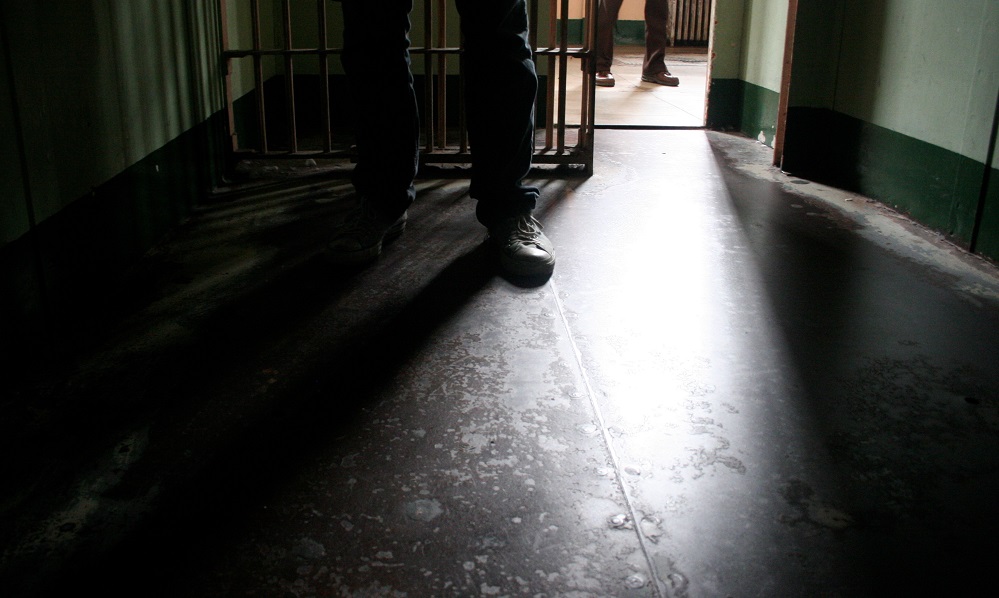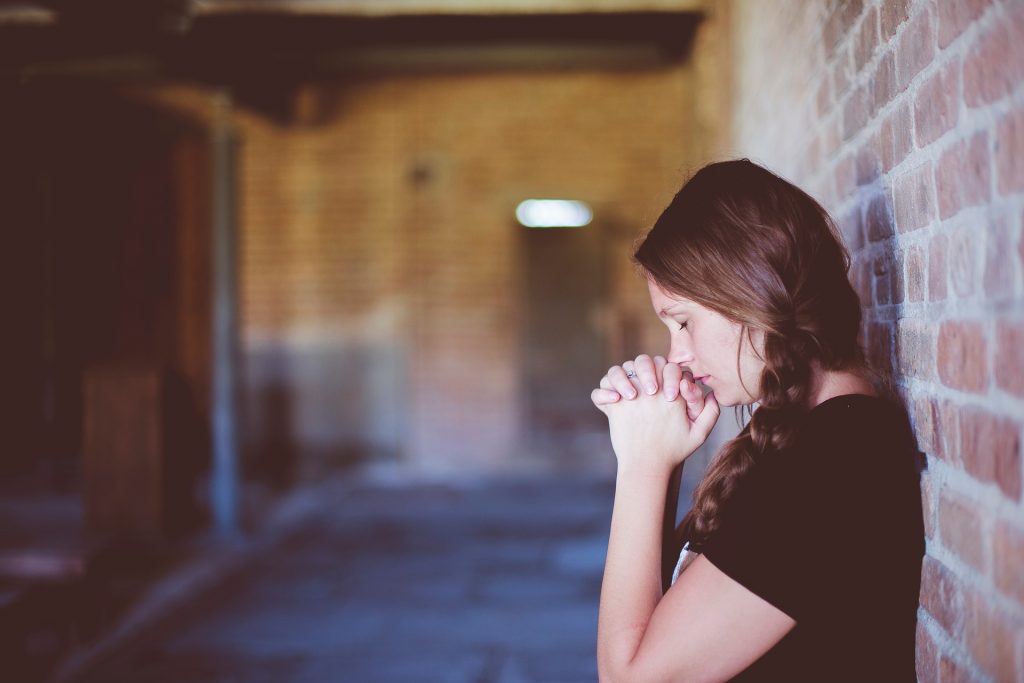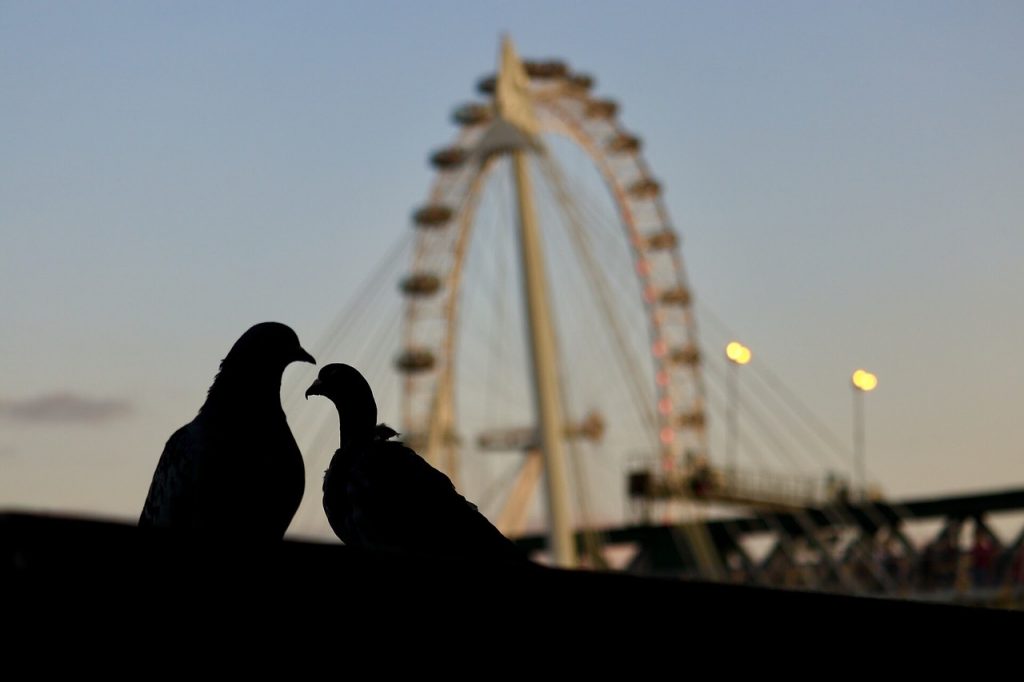Locked up by yourself for 22-24 hours a day, it’s easy to lose your grip on reality. So why do we segregate individuals for months on end?
There are many reasons why authorities might want to put someone in solitary confinement – it’s not just about punishment. However, the practice is always a constant juggling act with our human rights.
After all, human rights are for all of us, and a key part of this is protecting our dignity.
So, to what extent do they protect us from solitary confinement?
And how, if at all, could solitary confinement be damaging to us – or breach our human rights?
What are its effects?

Image: insunlight, Flickr
As a disciplinary measure, individuals tend to only be confined for a couple of weeks. But in some cases, prisoners have been kept for up to eleven years in solitary confinement.
The impact is devastating. Research has confirmed that individuals in solitary confinement are at risk of “isolation syndrome“. They lose their grip on reality. They become anxious and depressed. Shockingly, a 1993 study in the US found that 41% of those in solitary confinement experienced hallucinations.
It’s as if the whole world has disappeared, and this space that I occupy is the only space that exists for me.
Victor Pate – quoted in The Guardian
In a 2015 study in the UK, almost half of the individuals interviewed reported experiencing at least three of the following symptoms: anger, anxiety, insomnia, depression, difficulty in concentration, and self-harm. The authors found that one prisoner, in particular, had been “moved from segregation unit to segregation unit” in five different prisons for a period of more than ten years.
The World Health Organisation have acknowledged the “disproportionate number of suicides” that occur in solitary confinement, while a brief to the US Supreme Court also found every study of confinement longer than 60 days found evidence of negative psychological effects.
The effects are worsened when individuals already suffer from mental illness. And it’s often mentally ill prisoners who end up in isolation, as their symptoms lead others to view them as “difficult and disruptive“.
What about our human rights?

Image: Stock Snap / Pixabay
The right to not be subjected to torture or inhuman or degrading treatment and punishment is protected by Article 3 of the Human Rights Convention.
Solitary confinement won’t always be considered a breach of Article 3 though. It will depend on the conditions in which an individual is kept, the stringency of the measures, how long it lasts for, the objective it pursues, and the effects it has on the individual. The Human Rights Court has acknowledged that extreme forms of solitary confinement can “destroy the personality“.
There are other legal protections regarding solitary confinement. The European Prison Rules, to which the UK has signed up, say that it should only be used in “exceptional cases“. And the Nelson Mandela Rules for the Treatment of Prisoners prohibit any form of solitary confinement that lasts more than 15 days. Other international agreements prohibit the use of solitary confinement on juveniles and pregnant women.
Are people still in solitary confinement in the UK?

Image: Ali Hassad / Pixabay
Despite the legal protections, the use of solitary confinement continues. In January 2015, the total segregation capacity in England and Wales was 1,586 cells. Nine percent of individuals in these cells were confined for longer than 84 days.
A UK court also ruled earlier this year that it was not inhuman and degrading to keep a 16-year-old in solitary confinement.
Right, what next?
 Image Credit: Kalen Emsley / Unsplash
Image Credit: Kalen Emsley / Unsplash
Article 12 of the International Covenant on Economic, Social and Cultural Rights protects our right to the highest attainable standard of physical and mental health.
Simply to exist as a normal human being requires interaction with other people.
Atul Gawande, New Yorker
And yet a mental health crisis is taking place in prisons around the world. In the UK, the problem has been worsened by funding cuts.
Organisations such as the Howard League for Penal Reform have continued to work to ensure that solitary confinement of prisoners is reviewed as early as possible. Protecting the human rights of prisoners means limiting its use to make sure that it is truly only used in “exceptional circumstances”.







